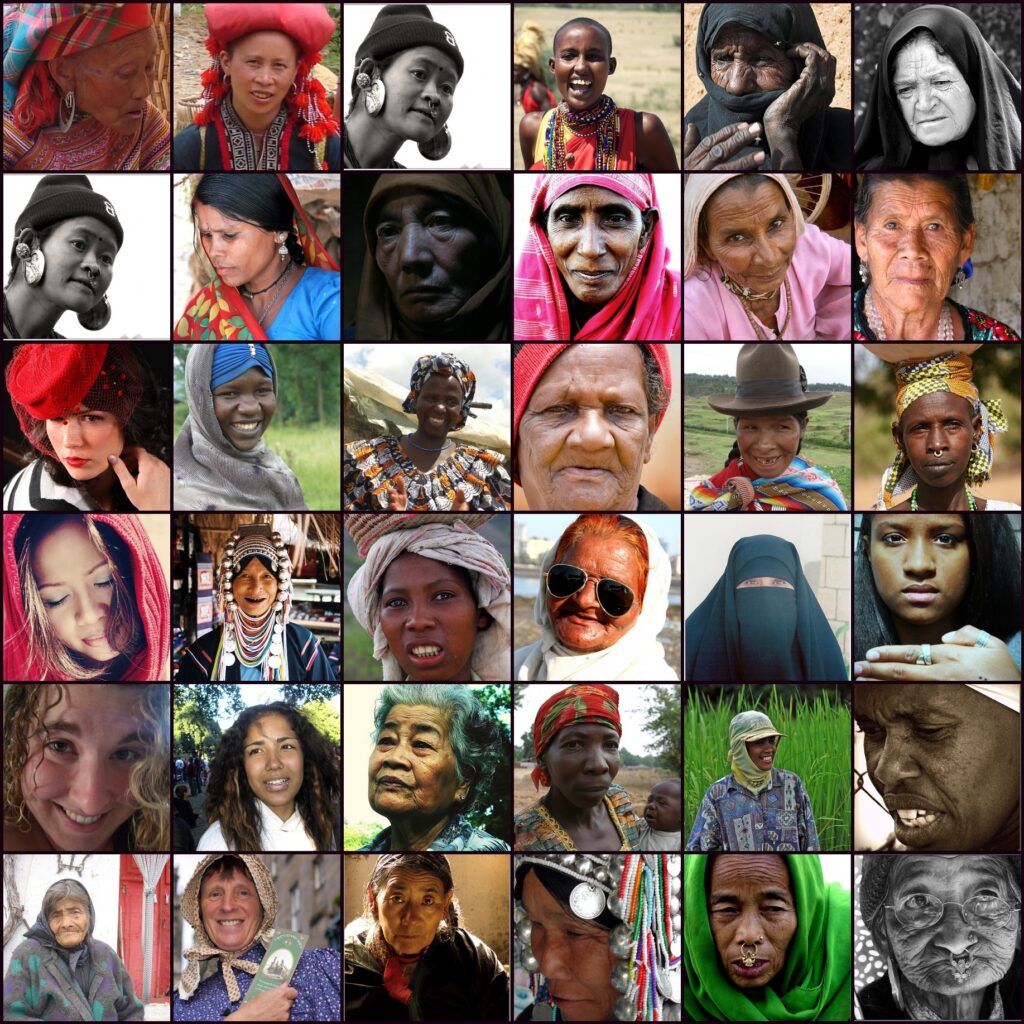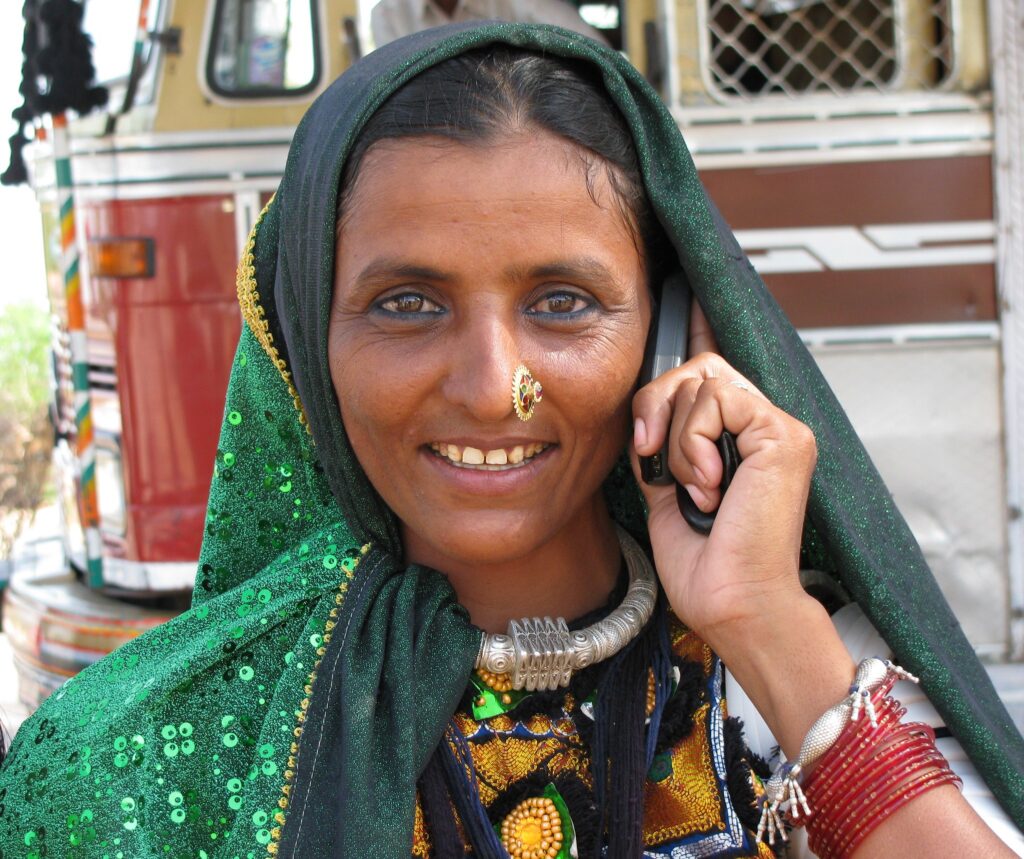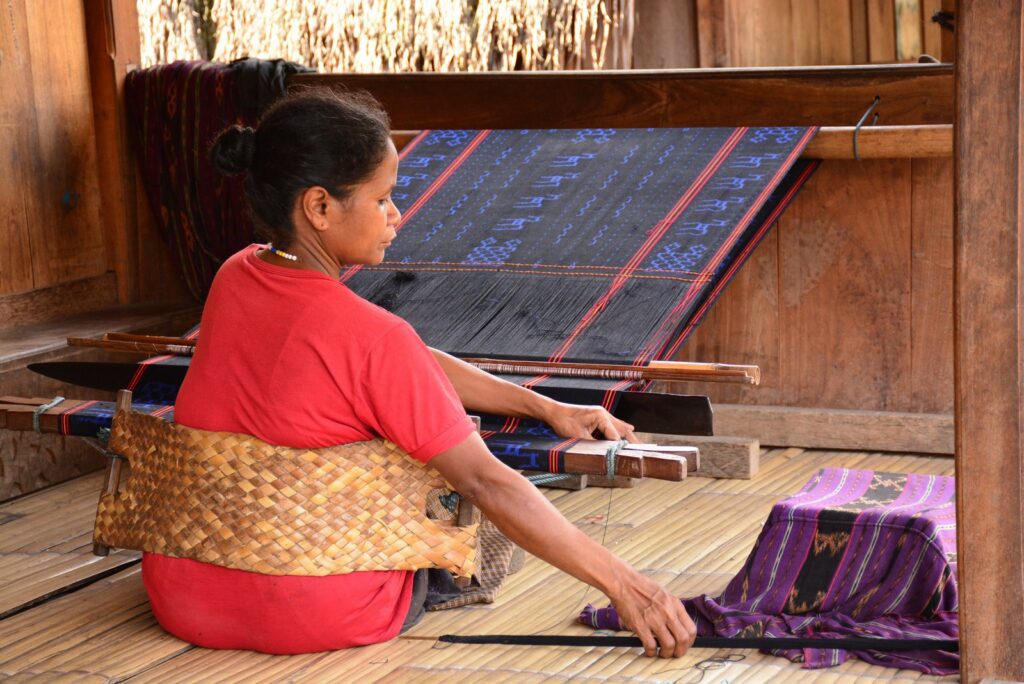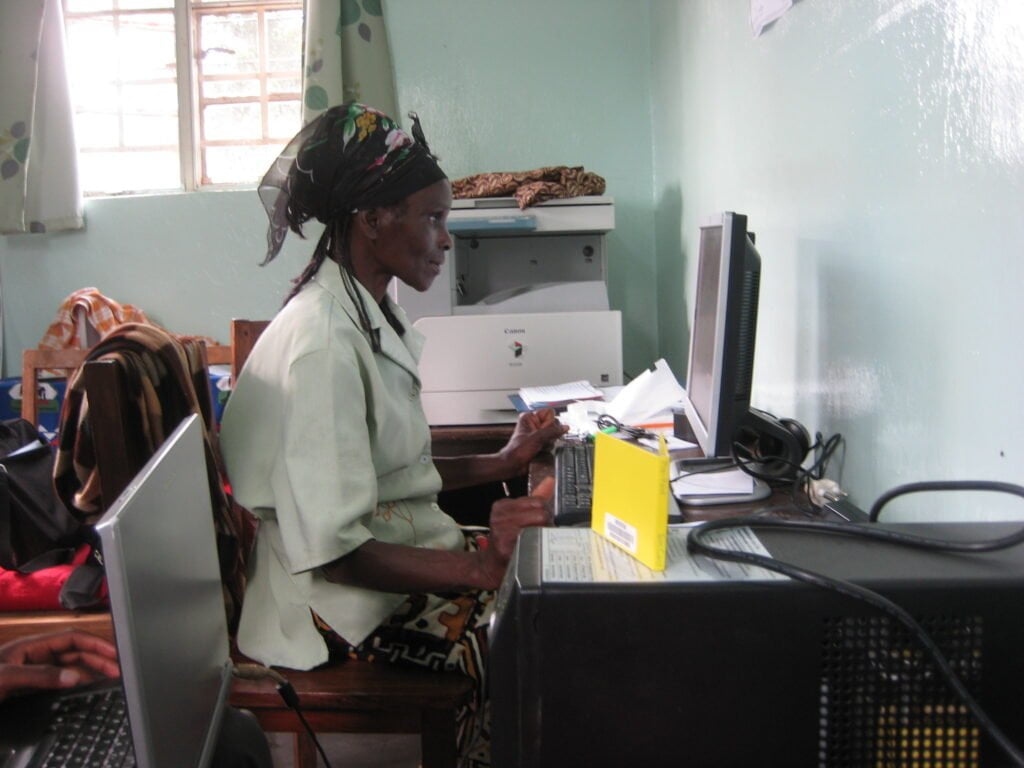Entrepreneurship is an engine of economic growth but it can only move into top gear when there are more women.
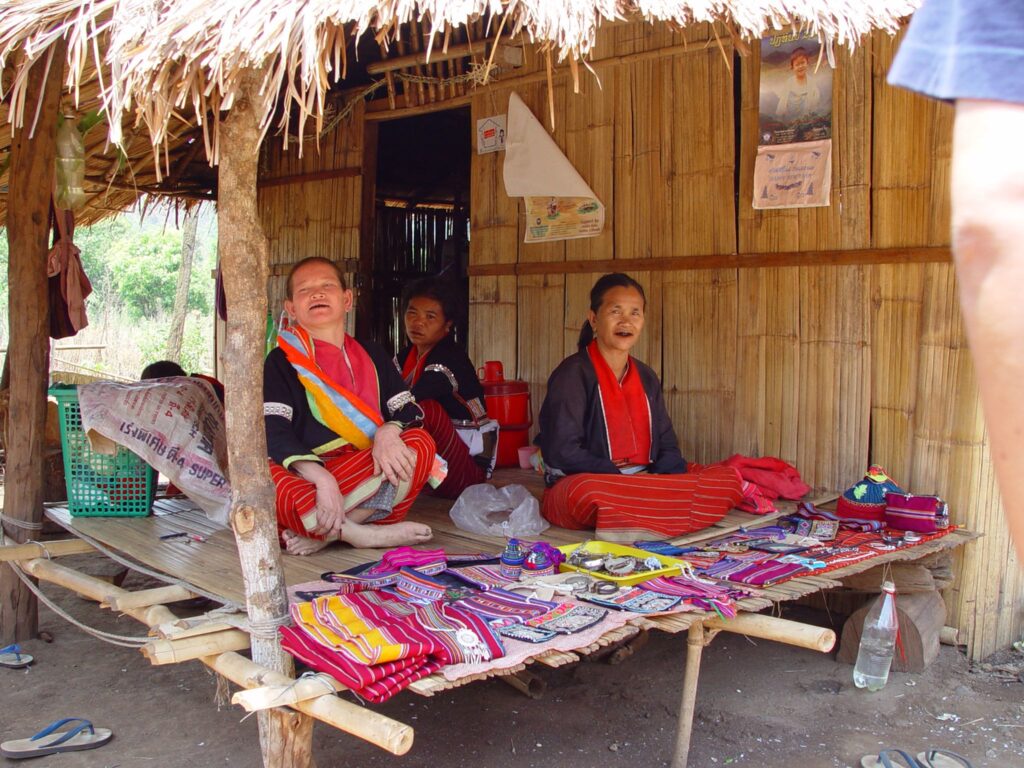 Empowering women through entrepreneurship leads to sustainable development and lower poverty rates. : ‘Karen women selling things’ by Xosé Castro is available at https://bit.ly3rxpHLy CC BY-NC-ND 2.0.
Empowering women through entrepreneurship leads to sustainable development and lower poverty rates. : ‘Karen women selling things’ by Xosé Castro is available at https://bit.ly3rxpHLy CC BY-NC-ND 2.0.
Entrepreneurship is an engine of economic growth but it can only move into top gear when there are more women.
“If you want to change the world, help the women,” said Nelson Mandela.
Entrepreneurs are an engine of economic growth that can drive post-pandemic recovery. But while women are as creative and innovative as men, far fewer are entrepreneurs.
The average share of female business owners fluctuates at around 25 percent, and the average share of female sole proprietors is below 35 percent.
Globally, 16 million more women than men live in poverty due to unequal access to and control over economic resources.
Levelling the playing field as the world becomes more digital could push poverty rates down.
Women microentrepreneurs were disproportionately affected when almost all countries imposed some form of a lockdown to prevent the spread of COVID-19.
The pandemic, however, forced businesses to embrace technology to move online.
Digital tools have replaced physical interactions and transactions and information and communications technology (ICT) has been identified as an essential tool to facilitate the empowerment of women in emerging economies.
ICT enables women microentrepreneurs to start and grow businesses and when already in business, to reach out further to customers, become more efficient and build their enterprises in ways they could not do before.
As a result, women’s social status and quality of life can be improved. But not everyone is benefiting equally.
Globally, by 2020, only 57 percent of women were using the internet compared to an estimated 62 percent of men.
While that digital gender divide has been narrowing across all regions, women remain digitally marginalised in many of the world’s poorest countries, where online access could potentially have its most powerful effect.
Factors associated with this digital divide include age, disability, gender, illiteracy, income level and the urban-rural division of economic activities.
Despite the efforts of policymakers and NGOs to increase e-commerce adoption during the pandemic, women microentrepreneurs who face social and structural hindrances could not participate.
To help push up e-commerce adoption, policymakers could look to research on the role of general belief systems in technology adoption.
Different general beliefs create different mindsets towards new technology and these different mindsets influence women microentrepreneurs’ perceptions of and responses to ICT use differently.
A recent study showed that women microentrepreneurs with a greater growth mindset are more likely to perceive that technology is easy to use and useful and, therefore, have a higher propensity to adopt e-commerce for their business.
Cultivating a growth mindset may be a promising channel to foster greater e-commerce use, with important implications for entrepreneurship.
Addressing the gender gap in entrepreneurship is essential to boost innovation, improve competitiveness, increase productivity and create jobs all which help achieve zero global poverty.
Grace Hooi Yean Lee is Head of Department, Economics, School of Business, Monash University Malaysia. Sharon Koh Geok May is Senior Lecturer, School of Business, Monash University Malaysia. Juliana French is Head of Department, Marketing, School of Business, Monash University Malaysia. Abu Zafar Shahriar is an Associate Professor, Department of Banking and Finance, School of Business, Monash University Australia. They declare no conflict of interest.
Originally published under Creative Commons by 360info™.


